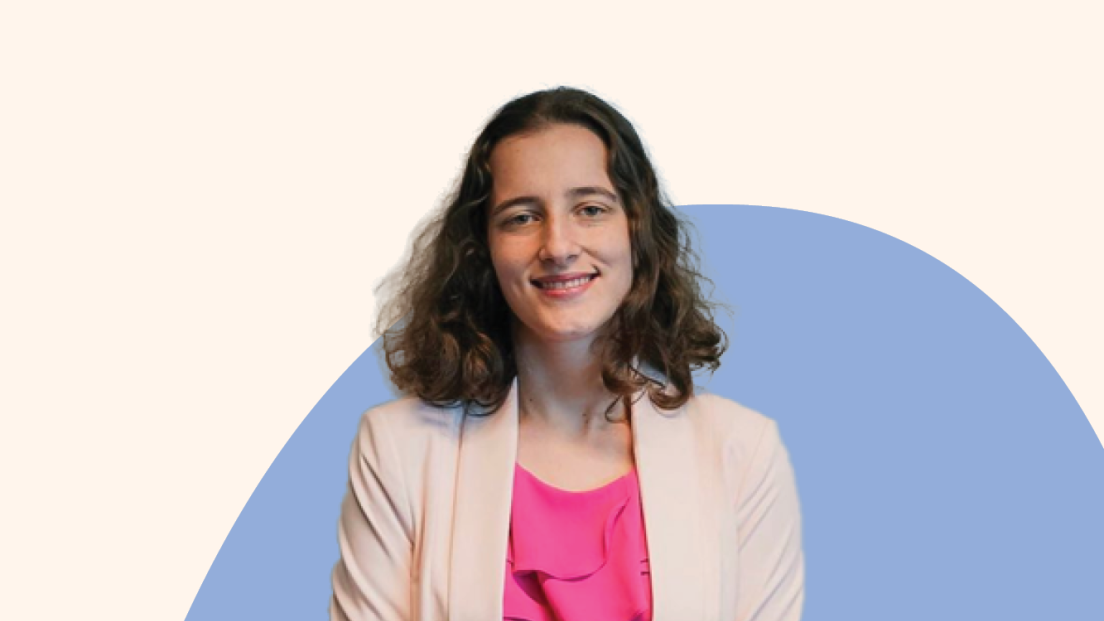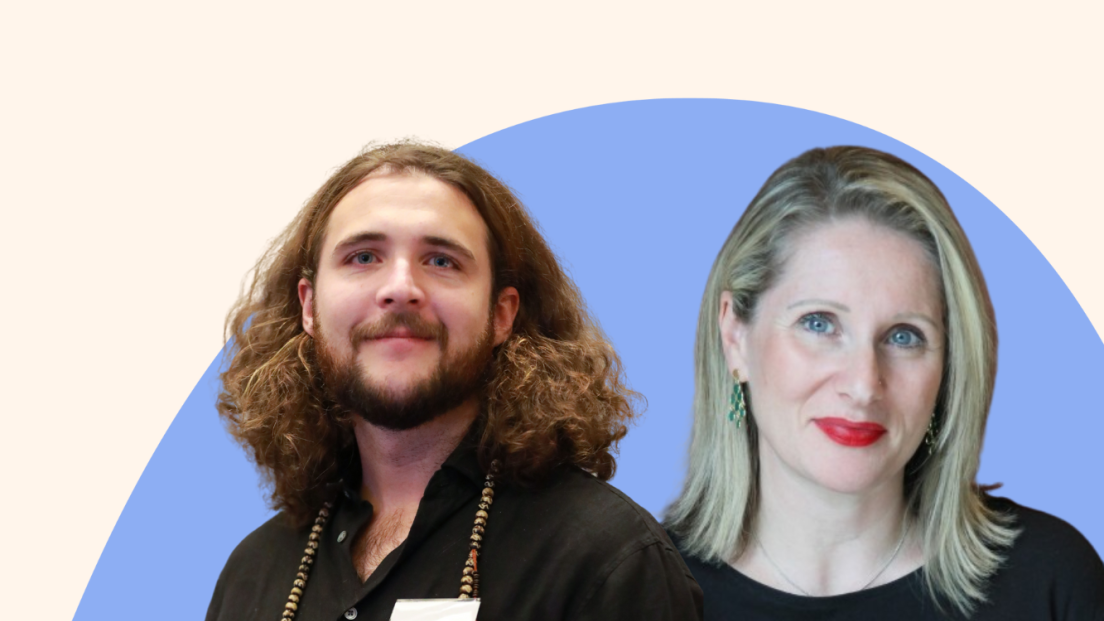Happy International Day of People with Disability (IDoPWD) everyone. This year’s theme was so long, I thought Peter Jackson was going to split it into three movies. ‘Leadership and participation of persons with disabilities toward an inclusive, accessible and sustainable post-COVID-19 world’.
Trust me, I didn’t understand it at first either. But as I looked deeper into what it meant, I found it amusing how it shared the complications of 2021. Leadership, Inclusiveness, Accessibility and Sustainability were all themes that frequently came up in the news over the past year. As an Autistic person I would have appreciated a theme that was clearer.
In the past twelve months, I have learned that if you need to tackle a number of big issues, you need to approach them one at a time, instead of doing them all at once. You could take time away from one project to work on something else, but trying to hit too many items at once can wear you thin.
The IDoPWD is a wonderful day where we recognise the abilities of people with a disability. I get why they don’t want to leave anyone out, but if you try to please everyone, you can end up disappointing everyone or just feeling exhausted. Autistic people often accept tasks or invites for others, without realising how much energy we are using.
Many neurotypical people don’t realise that Autistic people have a limited supply of energy. We live in a neurotypical world run by neurotypicals for neurotypicals. It doesn’t cater to the minds of Autistic people. To help us cope, many Autistic people, like me, tend to focus on a topic that we love. When we are told that we aren’t being empathetic, our minds can course correct too much, making us try to think on everyone’s needs, without thinking of our own.
There is a terminology we use in the autism field, called Spoon Theory. It was developed by Christine Miserandino, after she attended dinner with a friend who asked her “Why do you cancel our plans all the time?”
Christine, who had lupus, an autoimmune disease with causes extreme fatigue, grabbed 12 spoons and gave them to her friend. Each spoon represented a piece of energy to apply to a task or event throughout the day. She took her friend through her day and assigned a spoon to each task, until there were only three spoons left, but it was only 4:00pm, then Christine said, “With these three spoons, you have to think about everything you can do for the rest of the day.”
Her friend said “But I don’t have enough.”
This is the situation Autistic people face all the time. Spoon Theory pertains to the fact that some of us in the world have a limited supply of mental or physical energy. Autistic people live with a limited amount of energy for certain activities in their day. If they run out of “spoons”, they may tap into spoons meant for the following day, but it will leave them exhausted the next day.
When going about your day as an Autistic person, it can be tempting to squeeze in as much as you can. Like the theme for this year’s IDoPWD. But when we try to do everything all at once, life can become convoluted, confusing and just difficult to get through.
If I had to choose a theme for the IDoPWD, it would be to be more mindful. Let’s face it the past two years have been difficult, so difficult in fact that we have named a COVID-19 strain after a Futurama planet!
In the Autistic world we talk about the importance of structure and planning in helping us with our day to day lives. But many of us, try to take on the world’s problems without thinking about ourselves. This can lead us to feeling overwhelmed. We need a simplified, more channeled approach to our day to day life. Not a ‘cram it all in’ approach. So if this year’s IDoPWD has taught me anything, it’s that sometimes we can all get a little too carried away and try to cram to much in.



